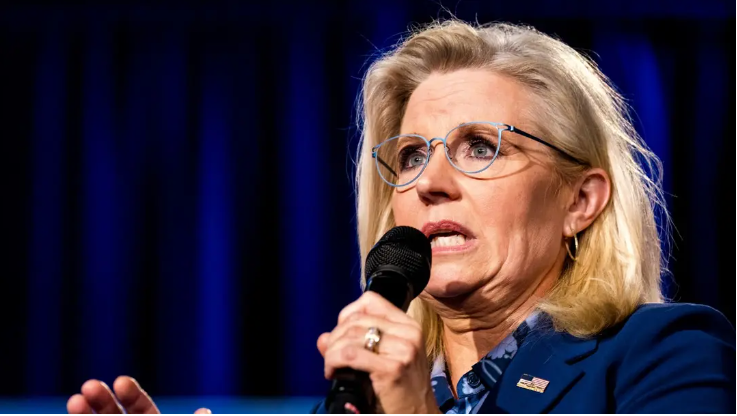New Zealand: Māori Begin March to Capital Against Treaty Principles Bill
Some 200 people set off on a nine-day march to the capital of New Zealand on Monday to protest the proposed Treaty Principles Bill, which would narrow the interpretation of the 1840 Treaty of Waitangi between Māori chiefs and the British Crown....
0:00
/1861
Facts
- Some 200 people set off on a nine-day march to the capital of New Zealand on Monday to protest the proposed Treaty Principles Bill, which would narrow the interpretation of the 1840 Treaty of Waitangi between Māori chiefs and the British Crown.[1][2]
- The marchers departed from Te Rerenga Wairua/Cape Rēinga in the far north Monday morning (local time), planning to reach Wellington by next Tuesday. Rallies are scheduled to take place in towns and cities including Auckland as the demonstrators move south.[1][2][3]
- This comes as Associate Justice Minister David Seymour, the leader of a junior partner of the center-right coalition, introduced the bill last week. A first reading in Parliament is set for Thursday.[1][4]
- According to the text of the Principles of the Treaty of Waitangi Act 2024, three principles — civil government, rights of hapū and iwi Māori citizens, and right to equality — must be used to interpret enactments and legislation.[5]
- The bill is expected to fail, as all parties except Seymour's ACT Party have pledged not to support it beyond the first reading. Prime Minister Christopher Luxon called it a 'disservice' to the Treaty.[6][7]
- Since coming to power in the wake of elections in October last year, the National-ACT-NZ First coalition has faced a wave of Māori protests for alleged plans to reverse Indigenous rights.[8][9]
Sources: [1]Reuters, [2]Stuff, [3]1News, [4]The Beehive, [5]Legislation, [6]RNZ (a), [7]Post, [8]RNZ (b) and [9]BBC News.
Narratives
- Left narrative, as provided by Guardian. These marches are warranted considering this bill is likely to constitute the worst and most comprehensive breach of the Treaty of Waitangi in modern times. If enacted, it would undermine the fundamental rights and protections afforded to the Māori people under the treaty, while significantly weakening the legal avenues through which Māori can have their rights recognized.
- Right narrative, as provided by NZ Herald. Open and respectful dialogue — not marches and rallies — is essential to finding a path forward that preserves the dignity and self-determination of every child growing up in the country. This bill is intended to uphold the fundamental principle of universal human rights enshrined in the treaty — which has long been misinterpreted as creating a 'partnership between races.'







